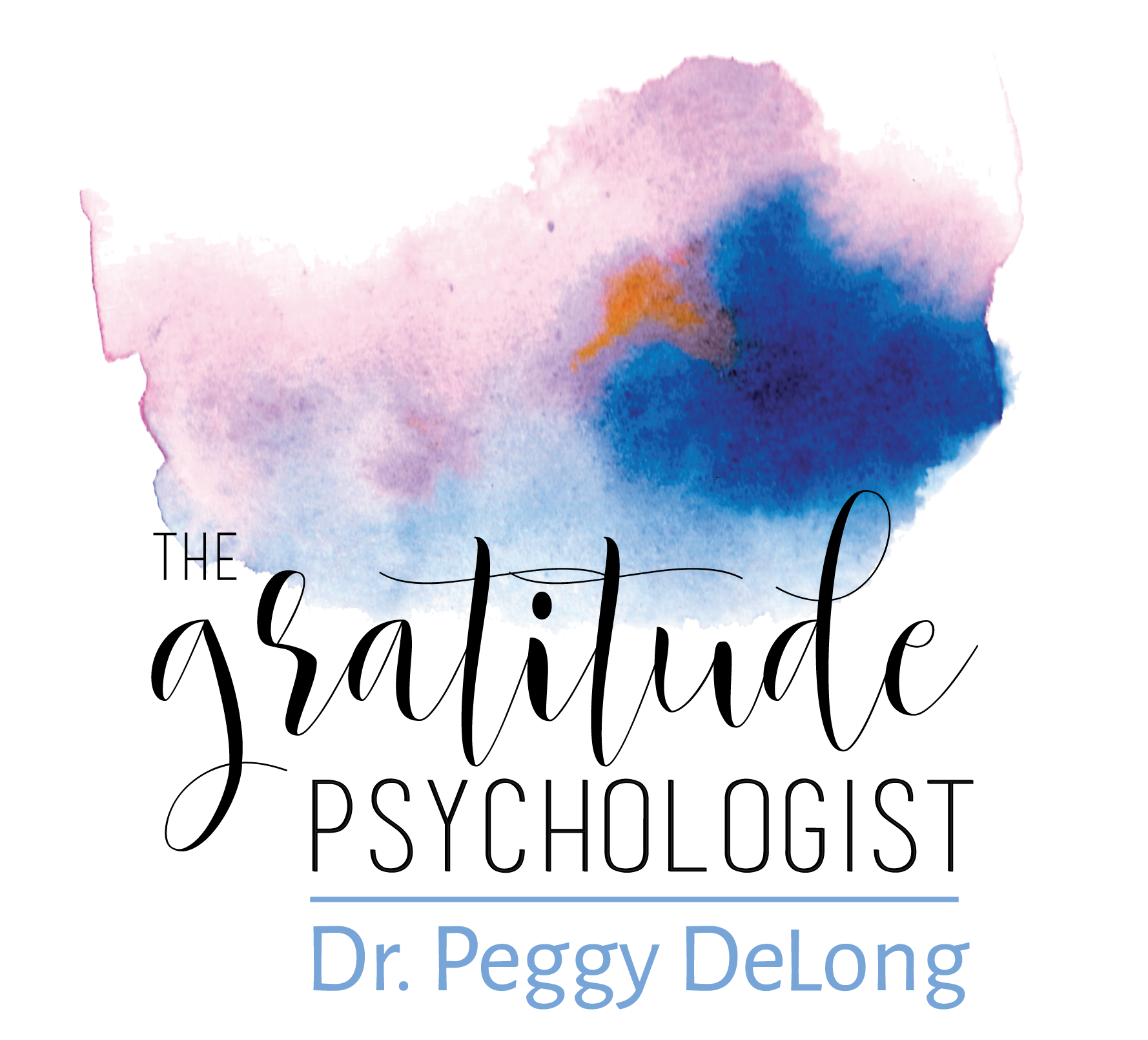Try this approach to happiness
Happiness starts with a choice. It’s so much more than a choice. Positive mental health doesn’t just happen. And “choosing happiness” is not even always the healthy choice for long-term happiness!
In some situations, the healthier choice involves not being happy. Feeling your emotional pain. Because we simply cannot heal what we don’t feel. We cannot ignore grief, disappointment, anger, and frustration if we desire a truly happy life.
That’s why the phrase “Happiness is a choice” bothers me. I know from my 30+ years as a mental health professional working with people 1:1 and in groups that it can be damaging by making people feel worse.
“Happiness is a choice” implies that if you merely choose to be happy, then you will be happy. That is simply not the case. And then when you “choose happiness” and you don’t feel happy, you think that’s something’s wrong with you. There isn’t.
A better phrase is “Happiness starts with a choice.”
It starts with desiring positive mood, and then, doing something about it.
That doing might include addressing your negative thinking and limiting beliefs.
That doing might be engaging in simple activities that cultivate a positive mindset.
That doing might be eliminating one simple habit that does not serve you and replacing it with one that does.
That doing might be working on forgiveness, or self-compassion.
That doing might be incorporating more JOY into your life.
That doing might be addressing the falling out with an old friend that keeps you awake at night.
That doing might be to stop scrolling on your phone in the morning, and get out of bed and do some stretching while listening to music you love.
There are so many things that you can choose to do, after you’ve chosen happiness. I help people uncover what those simple things are. They may not all be easy, but they’re simple.
I wanted to share 2 gratitude practices that help with the necessary doing that take very little time, energy, or money.
1. Before you fall asleep, think of one experience you had that day for which you are grateful.
- Your sleep is affected by what you do and think right before sleep. Thinking about a positive experience is a wonderful way to end the day, and bring that positivity right with you into sleep.
- A simple gratitude practice at bedtime has been shown to improve quality and duration of sleep, including for people who have been diagnosed with a sleep disorder.
- When you do this on a regular basis, you will become more aware of things to be grateful for. You have the benefit of actually paying more attention to them as you go about your day, because you know that when you go to sleep, you are going to hold yourself accountable and recall two wonderful experiences that happened that day.
- Over the course of time, when done on a regular basis, you are literally rewiring your brain to think more positively. You are training your brain to pay more attention to the positive, and less attention to the negative. This will become habit and involve less conscious effort. It will simply become your way of being in the world. Positive. Appreciative. Grateful. Happy.
“Make sure to be thankful before bed. What you think about now will determine the state of your dreams.” Author unknown
If you’d like to check out the research that shows how even people who were diagnosed with a sleep disorder improved quality and duration of sleep with a simple gratitude practice at bedtime, check out the study HERE.
2. Write a gratitude letter.
- Expressing appreciation for people in our lives is the easiest way to increase the level of closeness and improve the quality of our relationships.
- When we express appreciation for another human being, not only are we making another person feel good, but we are experiencing a boost in mood in the process.
- This works particularly well when we express appreciation for things we take for granted, or for behavior that is expected.
“The good life is built with good relationships.” Robert Waldinger
Think about one person you can write to today.
When I do this exercise with organizations as part of my happiness workshop, I have people consider for their letter:
Who are you grateful for?
Why are you grateful for that person?
What makes that person special to you?
What has that person done for you?
Why is the relationship meaningful for you?
What is a special memory you share?
How has that person enhanced your life?
Simply expressing your appreciation for this person makes you feel good, and makes the other person feel good. You could take it a step further and suggest connecting in person, or online. You never know what that will bring you!
Do this on a regular basis, and it will enhance your life. Remember, the research consistently shows that the #1 predictor of happiness is our relationships. Any time you spend fostering your relationships is time well spent. It feels good when you express appreciation for someone, it does not take long at all, and you’re strengthening your relationships in the process.
If you’d like to check out the research that shows how college students significantly improved mood by writing gratitude letters, including students who were diagnosed with depression, check out the study HERE.
You know I love the research! You know I bring you stuff that works 😊
EnJOY!
In Gratitude,
Dr. Peggy

Leave a Reply